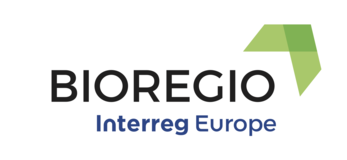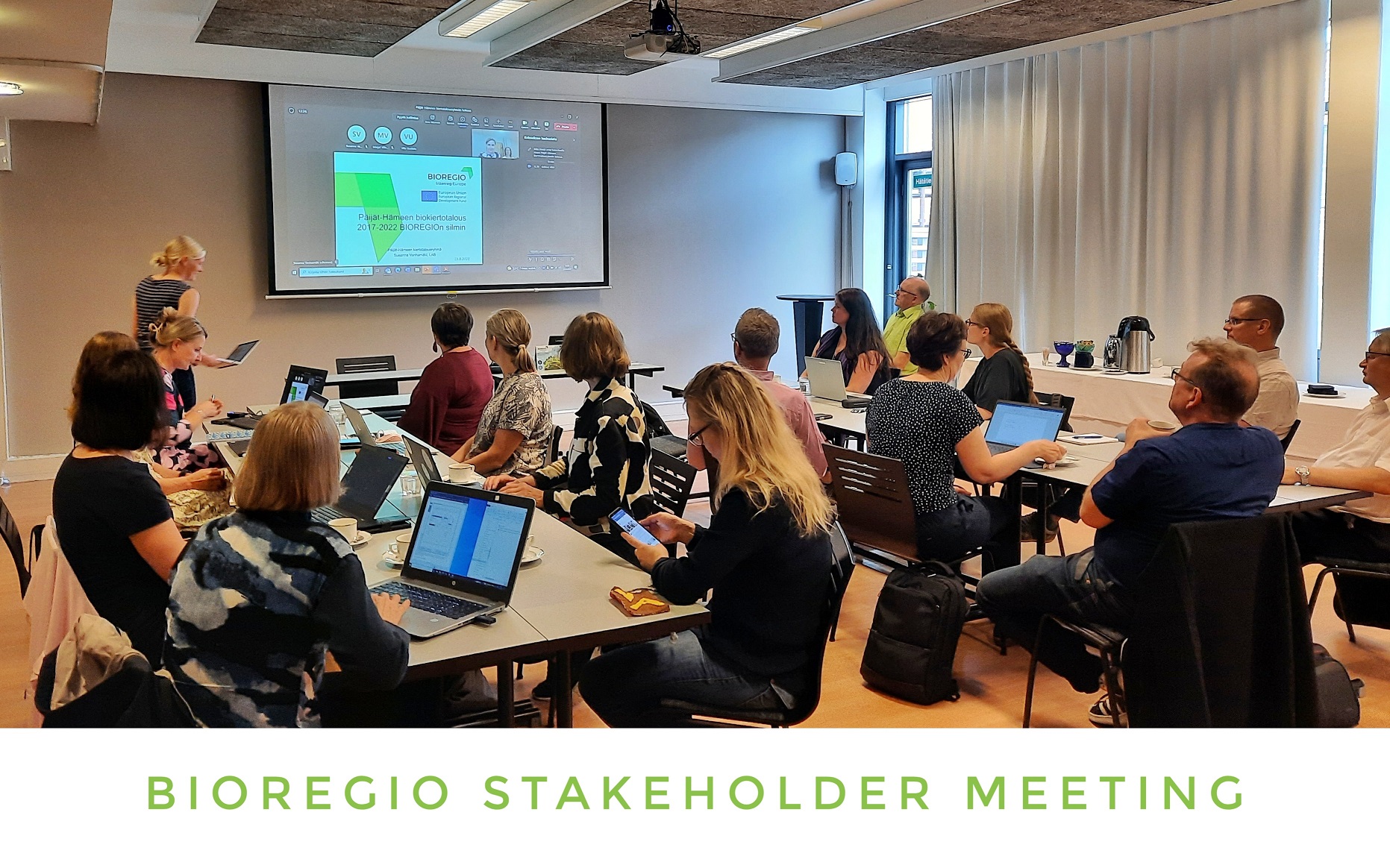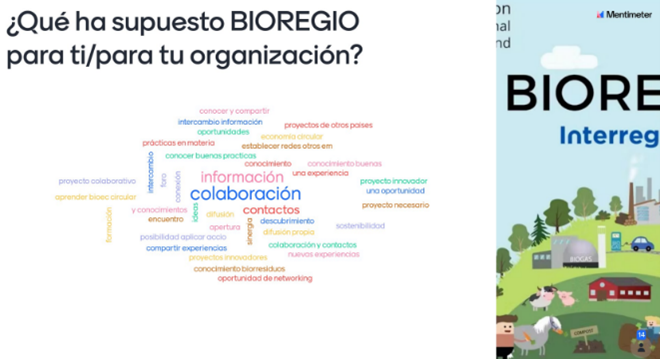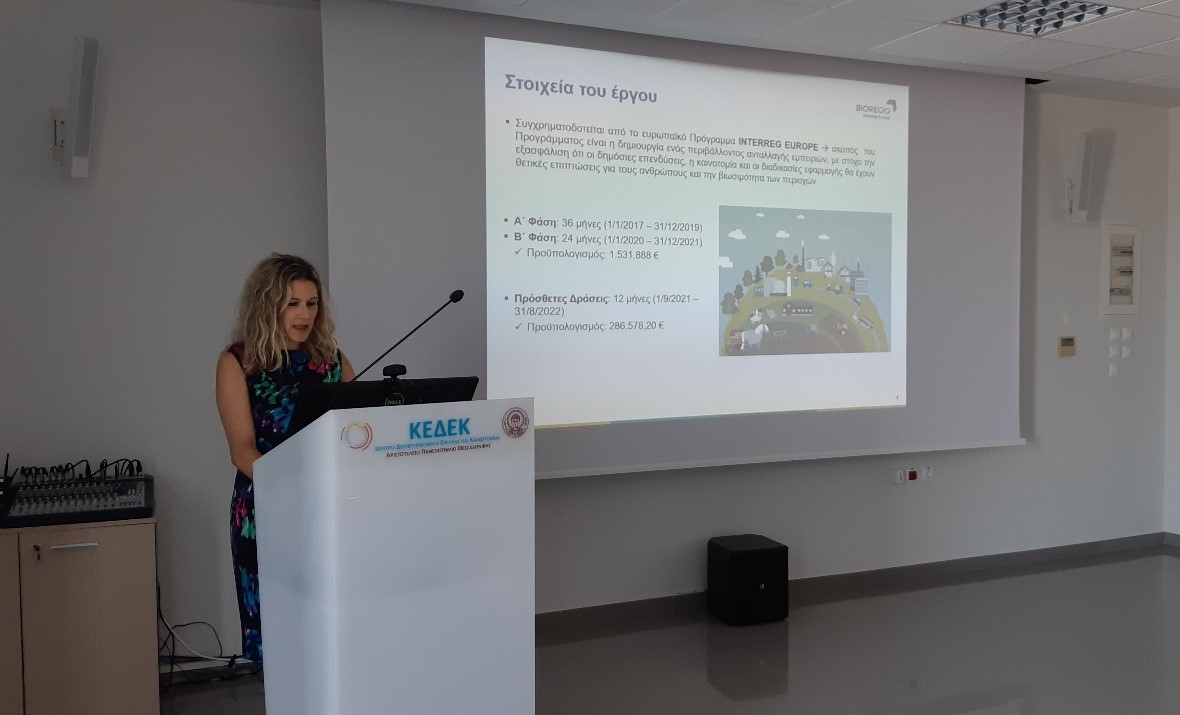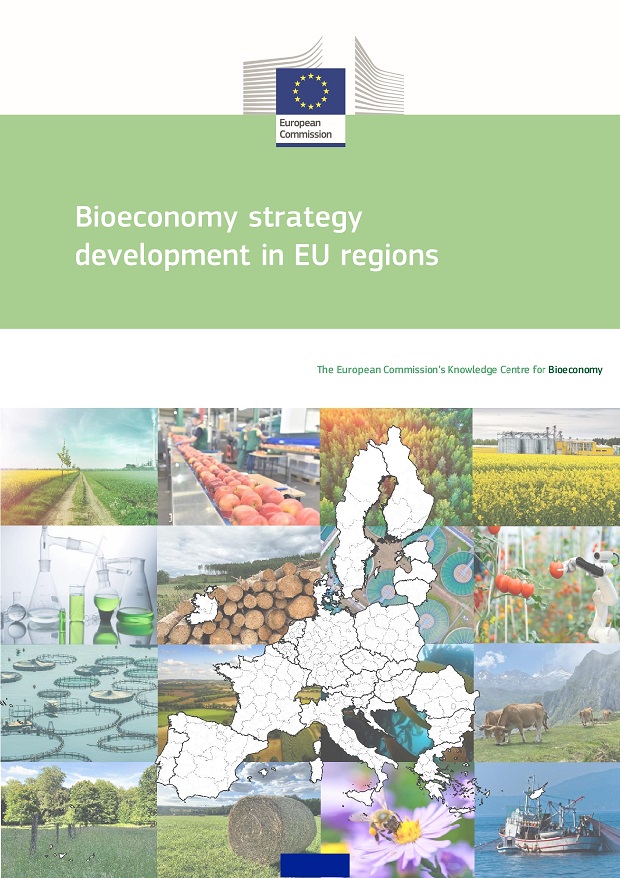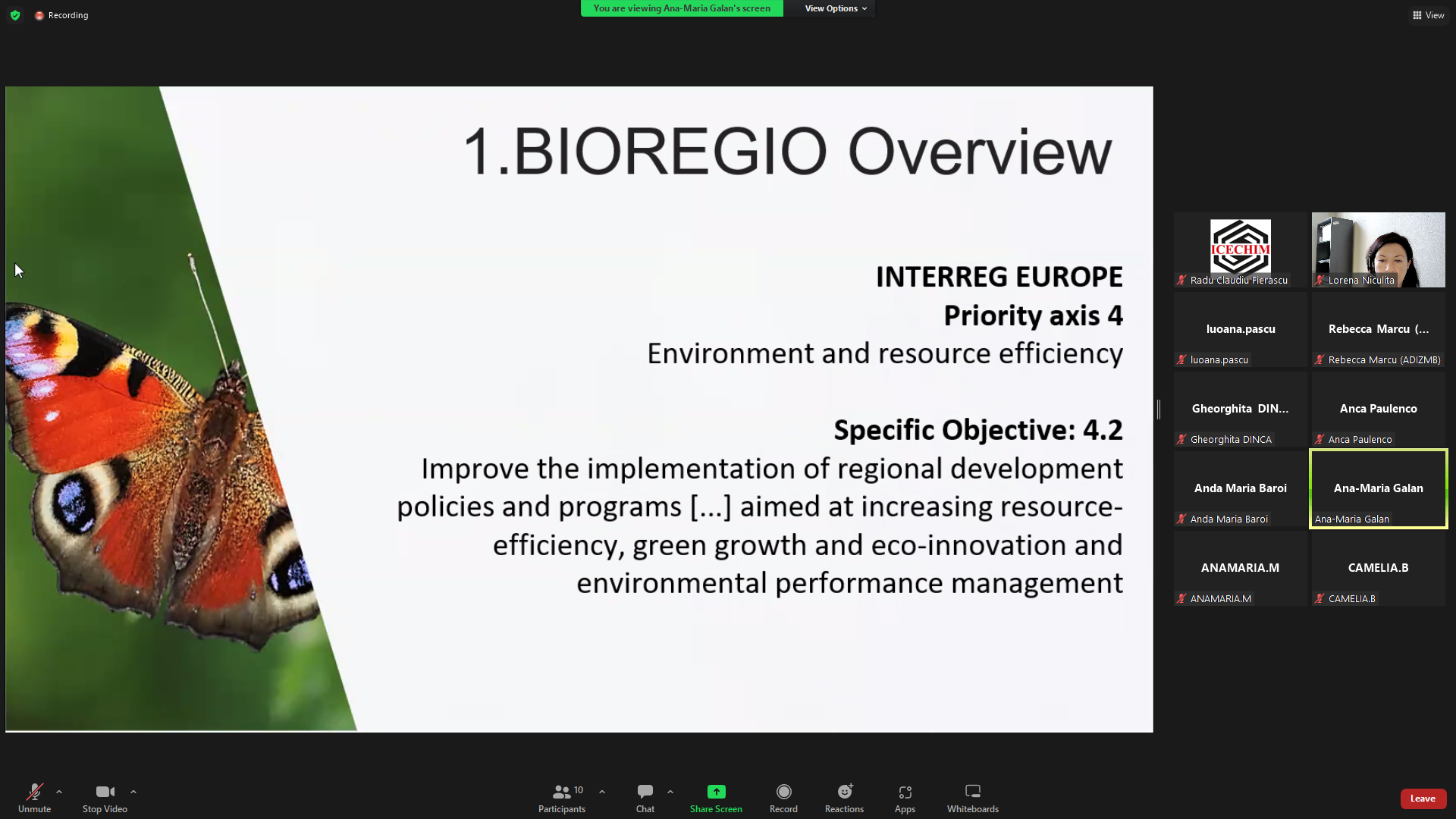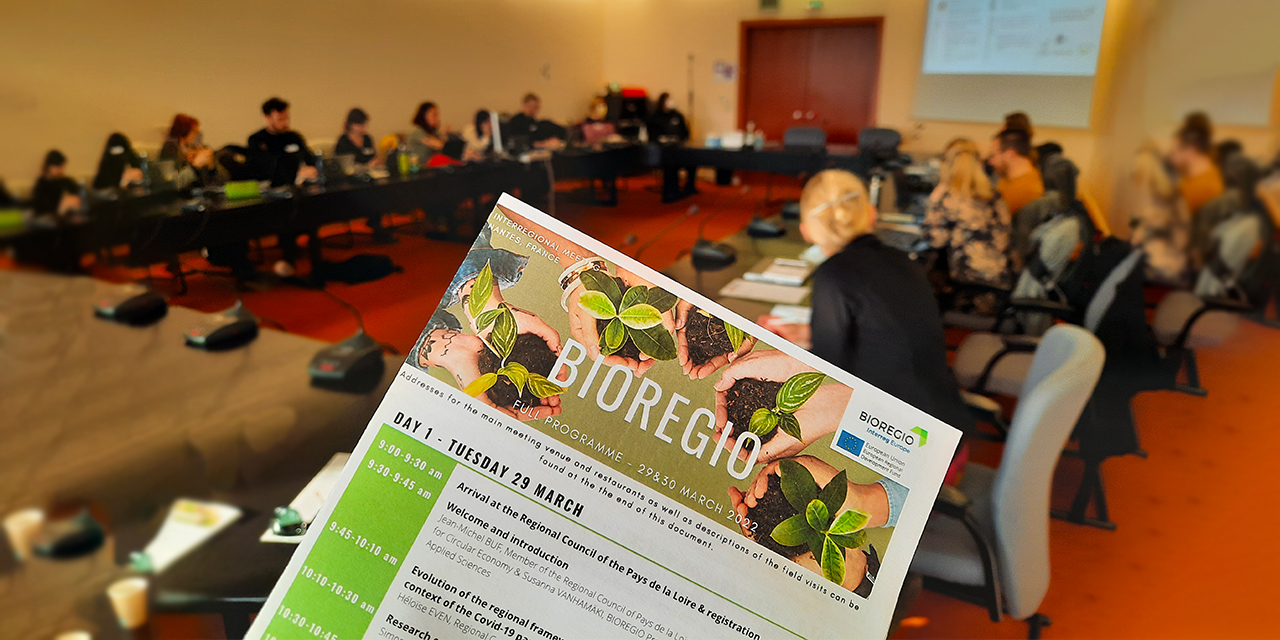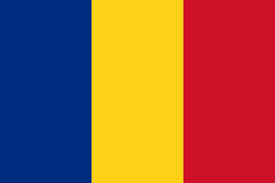Bio-based circular economy even more important than ever
The importance of bioeconomy and local bio-based cycles in circular economy was underlined when the BIOREGIO project consortium gathered for the final meeting in Nantes, France 29.-30.3.2022. For example, local food chains, recycling nutrients and producing bioenergy will be hot topics in Europe and the whole world in the coming years. Link to the BIOREGIO project bio-based safari in Nantes
The Interreg Europe funded BIOREGIO project has gathered six European regions for cooperation around bio-based circular economy since 2017. Due to the importance of the topic, the project was granted an extension of one year. The Region of Pays de la Loire was hosting the last two-day meeting of the project and had an excellent opportunity to present regional achievements. In his opening speech, Jean-Michel Buf, Member of the Regional Council of Pays de la Loire region and elected delegate for circular economy, highlighted that bioeconomy is the most important focus of circular economy in the region of Pays de la Loire.
Policies supporting bio and circular economy
During the event, all BIOREGIO regions presented their current state and policy development related to bio-based circular economy. For example, the Päijät-Häme region from Finland presented the national program of the European Regional Development Fund (ERDF) 2021-2027 as well as the updated regional strategy and smart specialization focus areas. In Finland, the first call of the ERDF 2021-2027 program is expected to be opened in April 2022. In Greece, the recent smart specialization strategy is set on the national level. The regions can then further adjust the strategy to better fit their needs. The region of Central Macedonia is aiming to better bridge the gap between theory and practice by involving stakeholders in an ongoing process to focus the strategy on the regional context. The ERDF 2021-2027 program is not yet approved in Greece.
In Pays de la Loire, the region has actively promoted bioeconomy development. To further support the circular bioeconomy, a PhD study on its potential in the region has started and is supervised by the regional council. Simon Joxe is aiming to find out if circular bioeconomy can be the lever for territorial development in the region. For example, through looking at how public policies influence the regional material flows in order to achieve a systemic approach to circularity.
Exchange on concrete solutions for future collaboration
During the days in Nantes, the BIOREGIO partners also got the opportunity to visit several sites focusing on various aspects of circular bioeconomy from research and development, urban farming and composting to the valorisation of agro-resources. The examples showcased the regional enthusiasm for developing both local solutions as well as global research innovations.
In addition, the meeting included discussions on future possibilities of collaboration in the field of bio and circular economy, and how to build on the findings and outcomes of the BIOREGIO project. With the unlimited potential that the bio-based circular economy offers the partners agreed that the topic is now even more important than ever.
The article was originally published in LAB Focus on 3.5.2022, blogit.lab.fi/labfocus/en/bio-based-circular-economy-even-more-important-than-ever/
